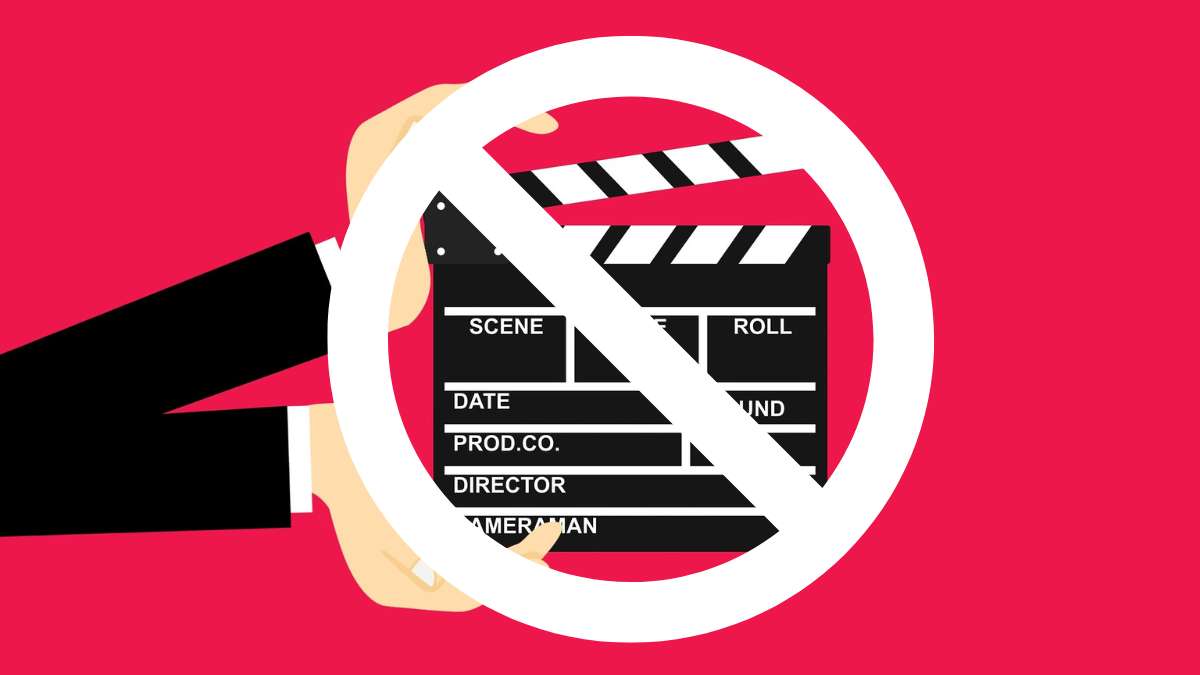The film industry is a significant part of many economies around the world, and it plays a vital role in the cultural and artistic expression of society. As such, boycotting the film industry is not a viable option, as it would have negative consequences for many people and organizations involved in the production, distribution, and exhibition of films.
There are several reasons why boycotting the film industry is not practical or advisable. First, the film industry provides employment and income for many people, including actors, directors, writers, crew members, and others involved in the production and distribution of films. A boycott of the film industry would result in job losses and economic hardship for these individuals, which would have a ripple effect on the broader economy.
Second, the film industry plays a crucial role in the entertainment and leisure industry, which is an important part of many people’s lives. Films are a source of entertainment and escapism for many people, and boycotting the film industry would deprive people of this enjoyment and distraction. This would have negative consequences for people’s mental health and well-being, as well as for the businesses and organizations that provide film-related products and services.
Third, the film industry is an important part of many cultures and societies around the world. Films are a medium for storytelling and cultural expression, and they provide a window into different perspectives and experiences. Boycotting the film industry would limit people’s access to diverse stories and perspectives, and it would reduce the richness and variety of cultural expression. This would be detrimental to the cultural and artistic life of society.
Fourth, boycotting the film industry would be difficult to implement and enforce. The film industry is a global and interconnected industry, with many different companies and organizations involved in the production, distribution, and exhibition of films. It would be challenging to coordinate a boycott of the film industry, and it is unlikely that it would be successful in achieving its goals.
In conclusion, boycotting the film industry is not a practical or advisable option. The film industry provides employment and income for many people, it is an important part of the entertainment and leisure industry, it is a medium for cultural expression, and it is difficult to boycott effectively. Instead of boycotting the film industry, it would be better to address any concerns or issues that people may have about the industry through other means, such as constructive dialogue, advocacy, or policy changes.

